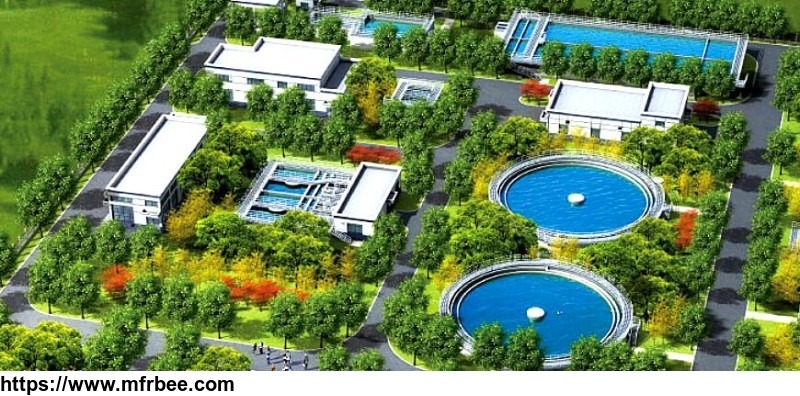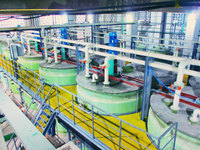Drainage Water Recycling
Product Quick Detail
- FOB Price
- USD $7.00 / Piece
- Minimum Order
- 1
- Place Of Origin
- China
- Packaging
- 25Liters/bag, 1000Liters/bag
- Delivery
- 40 Days
Specifications
Ion Exchange Technology for Water Reuse
Drainage water recycling
The chemical industry produces sewage at various stages, removes the salts and pollutants, and makes the effluent reach the circulating water standard and reuse it, so that zero discharge of wastewater can be achieved. Domestic sewage can be used to irrigate farmland or toilet flushing after being treated by treated water recycling technology.
The electroplating industry is a large amount of water, and the total amount of heavy metal ions in water is high. In recent years, the Chinese government has made specific regulations on the reuse of water in the electroplating industry.
Specifically, it is necessary to stipulate the COD, metal ion content, salt concentration, pH, and color of the water. In the conventional water reuse process, the ammonia nitrogen COD in the water needs to be biochemically treated, and the dissolved salt generally needs to be removed by membrane filtration.
There are some drawbacks to this process:
1. Some refractory organic matter remains, COD is high, ammonia nitrogen exceeds the standard, and pollutes the RO membrane .
2. Although the salt is reduced, in some industries, it is still unable to meet the recycling standards.
Many cases adoption exchange resin China
Sunresin
- Country: China (Mainland)
- Business Type: Manufacturer
- Market: Africa,Americas,Asia,Emerging Markets,Europe,European Union,G20,Middle East,Oceania
- Founded Year: 2001
- Address: No. 135, jinye Rd, Xi'an Hi-tech Industrial Development Zone, Shaanxi 710075, China
- Contact: Frank Liu









